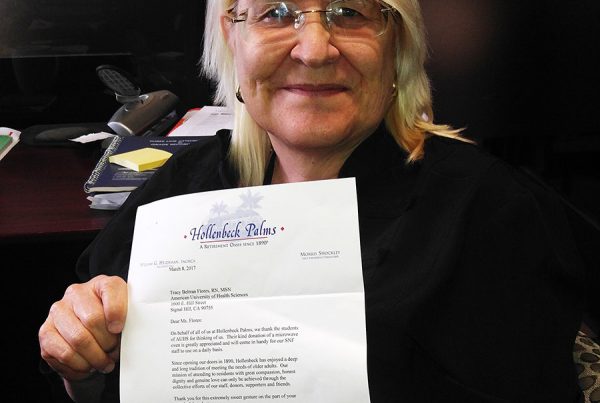INACSL Standards of Best Practice for Simulation Enhancement: Baseline Communication Skills.
By Janet Kazibwe, Professor of BSN Program
During the last two and a half years, I have been involved in the IPE program with Charles Drew University. This has been an informative educational journey.
This year the participants are engaged in practicing skills learned in the past. I am presenting the Analysis of International Nursing Association of Clinical and Simulation Learning Best Practices.
INASCL = The International Nursing Association for Clinical simulation and Learning has established best practices in communication under the following categories:
- Standards
- Pre briefing
- Simulation Design Facilitation
- Debriefing Process
- Operations
- Outcomes and objectives
- Simulation Enhanced IPE
- Evaluation of Learning and Performance
BASIC COMMUNICATION SKILLS including:
- Assertive communication skills
- Passive, aggressive, and passive-aggressive behaviors
- Future focused communication using language and tone that is focused on future solutions
- Knowing different personality styles including your own
- Effective communication- across diverse delivery channels: e.g., speaking personally, virtually, email, text, instant messaging, direct messaging and social media messaging
MID LEVEL COMMUNICATION SKILLS including:
- Courageous assertive communication skills: effectively and consistently
The Healthcare Simulation Standards of Best Practice were established to advance simulation, share best practices, and provide evidence-based guidelines for the development of comprehensive standards of practice.
They provide:
- Details and improved simulation operating procedures and delivery methods that the team will benefit from.
- A demonstration of commitment to quality and rigorous evidence -based practice in improved education and better patient outcomes.
INACSL has incorporated the following components in clinical presentations:
Professional Development: allows simulation to stay current and provide high quality simulation experiences that meet the educational needs of learners.
PRE-DEBRIEFING: involves preparation and briefing before the practical session of the scenario.
SIMULATION DESIGN: designed to achieve identified objectives.
FACILITATION: This provides the structure needed, depending on the needs of the learners’ expected outcomes.
DEBRIEFING PROCESS:
A simulation-based debriefing includes activities of feedback and reflection.
Professional integrity and interprofessional education enable learners to engage in a rich environment that gives everyone a chance to learn from other professionals.
EVALUATION: the learner and facilitator are evaluated with the goal of future improvement of simulation.
References
INACSL Standards Committee, McDermott, D., Ludlow, J., Horsley, E., & Meakim, C. (2021). Healthcare Simulation Standards of Best PracticeTM Prebriefing: Preparation and Briefing. Clinical Simulation in Nursing, https://doi.org/10.1016/j.ecns.2021.08.008.







